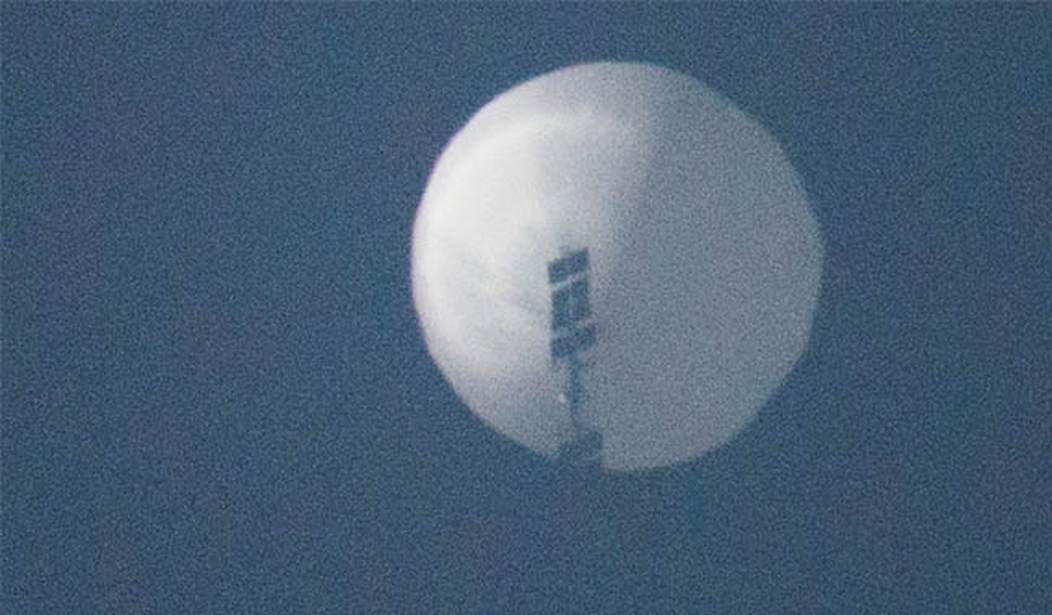During the seemingly endless controversy over the Chinese spy balloon and the other “objects” that were subsequently shut down, the White House and the Pentagon were very short on details when discussing the incidents with the media. It was later revealed that members of Congress had received a bit more information during classified briefings, but the members who publicly commented about those briefings seemed dissatisfied with the explanations that were given. Since that time, almost nothing new has been revealed, either publicly or, according to Politico, in classified settings. Why is that? We could read any number of ulterior motives into this story, but the bottom line seems to be that they still really don’t have a handle on the situation.
Officials inside the Pentagon and intelligence community still haven’t answered questions about what they know about foreign objects floating in U.S. airspace.
Lawmakers have been asking the Biden administration for weeks for details about hundreds of aerial objects floating in U.S. airspace and how many of them may be foreign surveillance tools. They haven’t gotten much of an answer.
One reason: The administration is still trying to determine how bad the problem is.
Lawmakers have been asking questions about how many balloons or other “objects” (unidentified aerial phenomena, or UAPs) had been identified prior to the recent spate of sightings and how many of them were foreign surveillance devices. Sources speaking off the record are saying that we still don’t know the answer to either question.
Another question that’s being asked is why the now-infamous Chinese spy balloon had to be shot down, but others were not. There are at least two possible answers to that question, both of which could be true. The first and most obvious one is the unpleasant political reality behind it. If a reporter in Montana hadn’t published a photo of it, the White House likely would have never told us about it. But once it became national news, Joe Biden had to give the impression that he was being tough and “doing something about it.”
The other half of the story, as suggested by Politico’s sources, is that we’ve never been able to figure out which objects might be foreign surveillance balloons, which ones might be student science projects or Boy Scout merit badge experiments (like the one over the Great Lakes probably was), and which ones were something else entirely. (Literally UFOs.) But because of the political optics, once we’d shot one of them down we had to shoot down the next three as well. At that point, someone probably pulled Biden aside and said, “um… should we really be firing off half-million dollar missiles in our own airspace?”
According to Senator Kirsten Gillibrand, we still can’t be sure which objects are balloons and which ones might be drones.
“We can’t tell based on the data we have – based on the photographs or the video or the radar we have – whether it was a drone or a balloon, whether it was an aircraft,” said Sen. Kirsten Gillibrand (D-NY) of difficulty in identifying some of the previously detected unidentified aerial objects. Gillibrand wrote legislation to help fund better investigations of these objects.
Remember that Gillibrand was one of the key players who helped establish the new UFO office, AARO. We supposedly already have a team working on identifying everything in the sky that can be identified. And yet the consensus seems to be that we still can’t tell a balloon from a drone in some cases. And that’s a problem. Add to that the possibility that some of these things that are flying around might wind up being literally from “out of this world,” and you have a picture of confusion in our military and intelligence communities. And that’s not a very comforting thought.







Join the conversation as a VIP Member